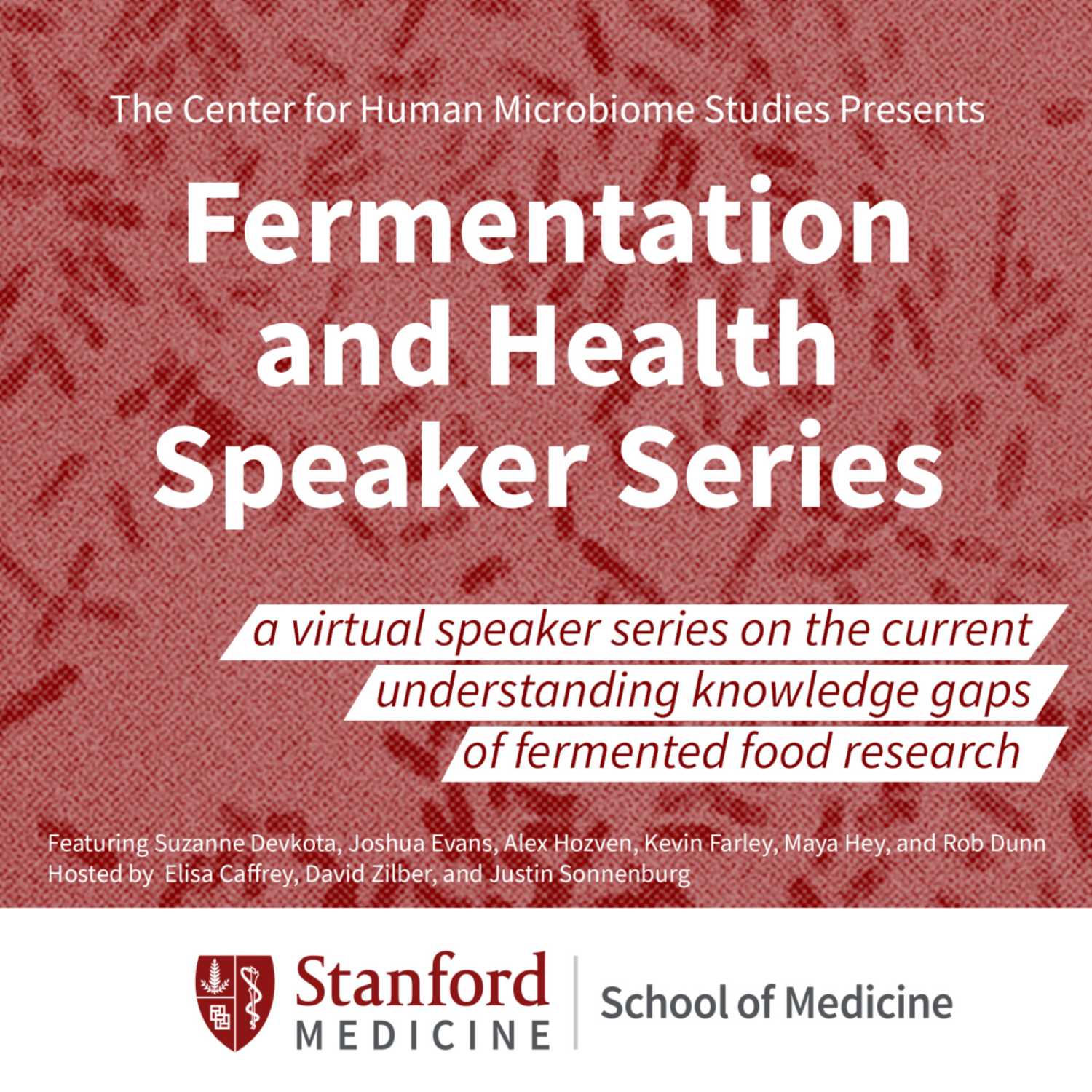Fermented Foods, Probiotics, and Lactic Acid Bacteria: A conversation with Dr. Maria Marco
Description
Lactic acid bacteria (LAB) play a central role in many fermented foods, including sourdough, kimchi, pickles, olives, zha cai, kefir, ogi, and cheese, among others. These microbes produce lactic acid, which acidifies the fermented food, making it both safe and tasty. Specific LAB strains have also been characterized as probiotics. But how do LAB found in fermented foods differ from probiotics? And what exactly defines a probiotic?
We spoke with Dr. Maria Marco, a Professor in the Department of Food Science and Technology at the University of California, Davis. Her lab primarily focuses on lactic acid bacteria in food systems and the mammalian digestive tract. She has authored and collaborated on numerous important papers covering fermentation and health, probiotics, and the future of the fermented food field.
Join our conversation on hybrid fermentation, probiotics, and the open questions in health and fermentation studies.
More Episodes
We spoke with Dr. Aviaja Hauptmann, an Associate Professor in the Institute of Health & Nature and Head of the Department of SILA (Scientific and Indigenous Teachings on Life in the Arctic). Her work explores the interaction between microbiology, diet, and the environment, focusing on Inuit...
Published 07/30/24
Published 07/30/24
Dr. Chantle Swichkow, a postdoc in Leonid Kruglyak’s lab at UCLA, has been exploring the role of yeast in these symbiotic interactions. By applying her background in mouse genetics to yeast, she studies how yeast strain diversity impacts microbial community composition and the final organoleptic...
Published 06/04/24


